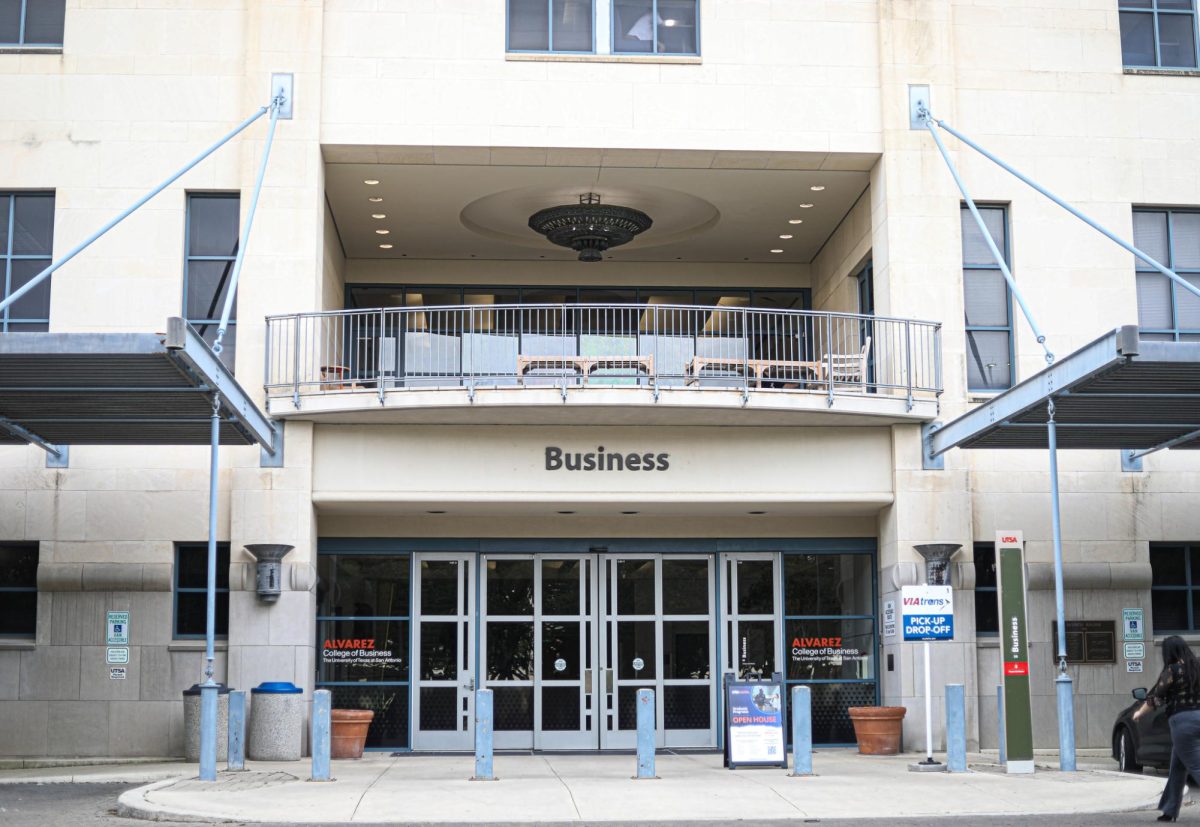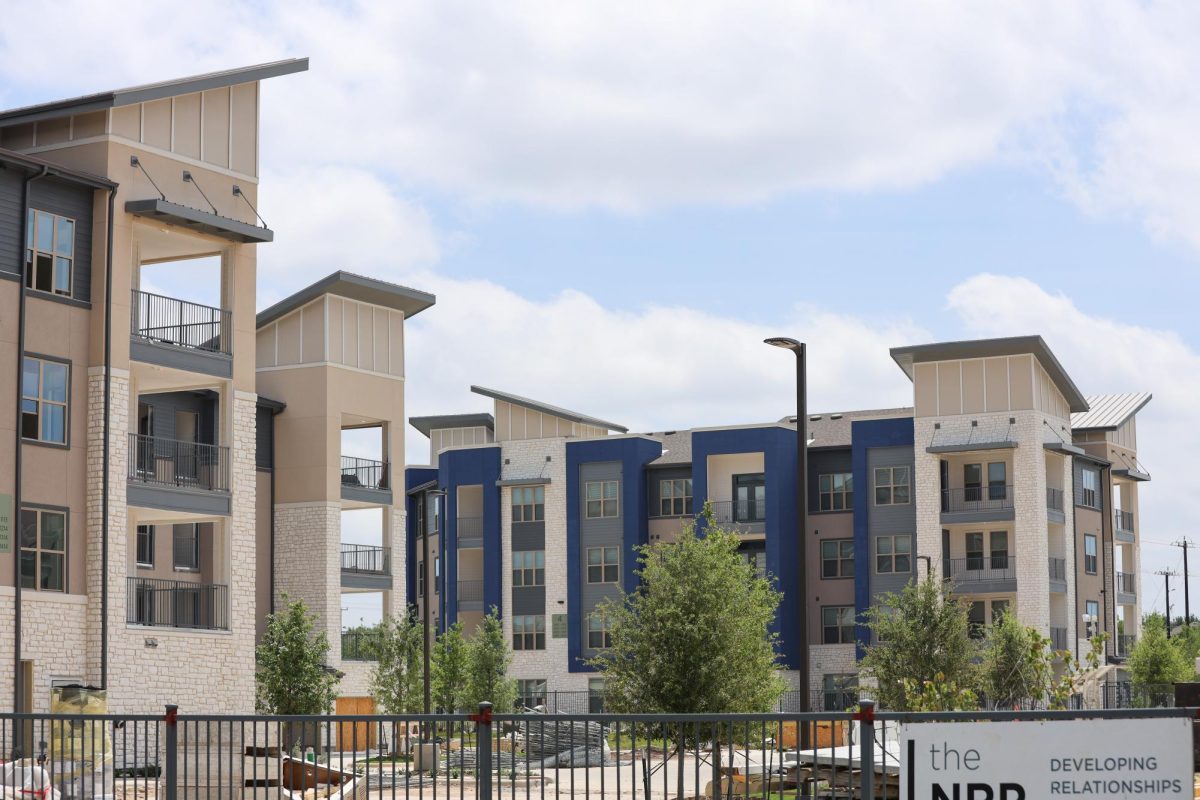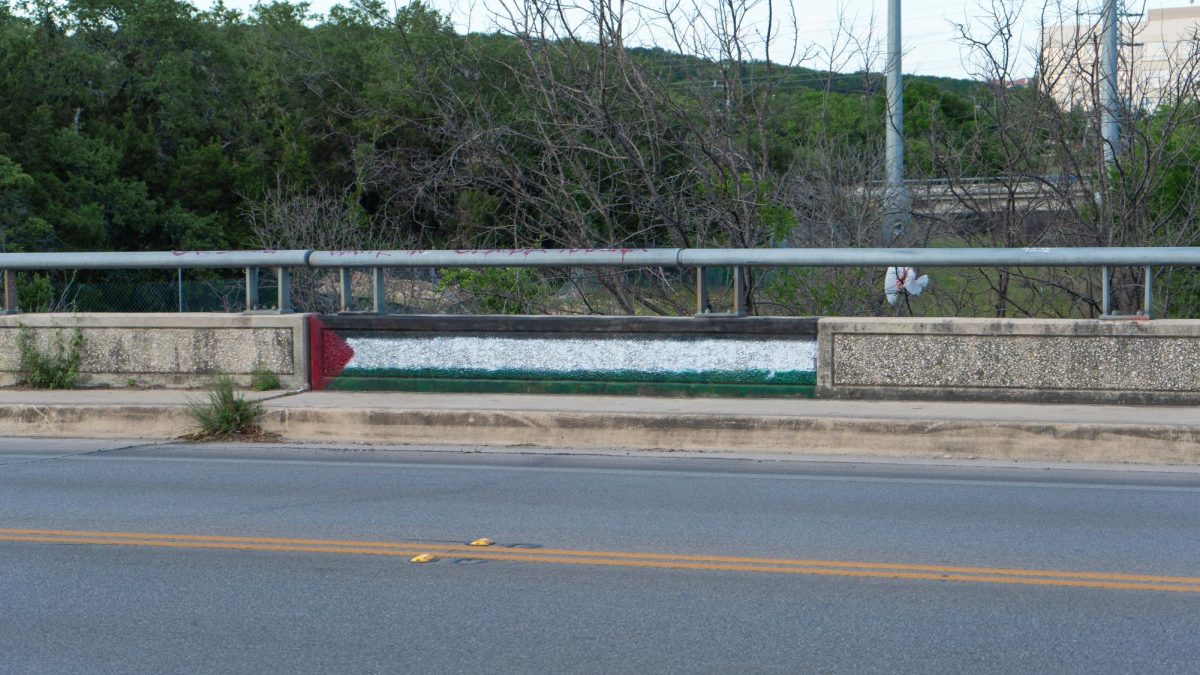On Oct. 3, Barack Obama and Mitt Romney met for the first presidential debate in the 2012 election. “There’s no question Romney claimed it in Denver on Wednesday night,” CNN reported.
The candidates provided very little to no information concerning their presidential plans during the 90-minute debate, which the New York Times said “quickly sunk into an unenlightening recitation of tired talking points and mendacity.”
Some viewers agreed that the debate itself was bad, without providing any real insight into either candidate’s plans for the executive office. Dr. Walter Wilson, UTSA assistant professor of political science and geography, said, “There is nothing to suggest that this debate will have an effect on the general election.”
The addressed issues were limited to domestic affairs in this first debate. Jim Lehrer, the moderator stipulated that each candidate would have two minutes to address and refute each question. However, both Obama and Romney blatantly disregarded the allotted time. Viewers watched as Lehrer struggled to hold either candidate accountable for violating the grounds of the debate and his “light touch was widely criticized during and after the debate on Wednesday night,” according to the New York Times.
The tone was set early by the first question: What are the major differences in how you plan to create jobs?
Romney attacked Obama’s expansion of the federal reach of power, dubbing it “trickle down government.”
Obama challenged Romney’s tax policy, which the president called a “five trillion tax cut.” The debate launched a flurry of accusations of issues ranging from the status of the middle class to energy policy.
However, as the debate progressed, the questions centered more specific topics on entitlements, Medicare and Social Security. Romney insisted that Obama is cutting over $712 billion from Medicare. Obama retaliated by accusing Romney of planning to transform Social Security into a voucher program. Obama also defended his health care plan in detail, as Romney attacked Obama for creating mandates for all citizens and also criticized Obama’s plan to expand the role of government.
On this issue, Romney was at his strongest, Wilson claimed. “[It was] Romney’s biggest success, casting himself more as a moderate then he previously had been thought of,” said Wilson. “While taking on the president’s programs, [Romney] prefaced it by saying, ‘Of course we need regulation’ in order to appeal to more moderate voters…and I think he made headway there.”
Lehrer, near the end of the debate, returned to open ended questions and asked how the candidate’s viewpoints differ with regard to the role of federal government. The candidates proceeded to illustrate their differing educational platforms. Romney expressed plans to shrink the U.S. Department of Education while Obama stressed the need to invest in higher education.
The final question asked Obama and Romney to explain how each intends to handle the partisan gridlock in Washington. Both responded similarly, with the promise of initial compromise.
Criticism of Romney’s performance paled in comparison to that of the president, who, according to NPR, “looked tired and sounded defensive.”
Two presidential debates will take place before the Nov. 6 election. A town hall meeting to discuss domestic politics is scheduled for Oct. 16. Obama and Romney will center their debate on foreign policy on Oct. 22. Joe Biden and Paul Ryan will also meet to address the issues in the Vice Presidential debate on Oct. 11.











